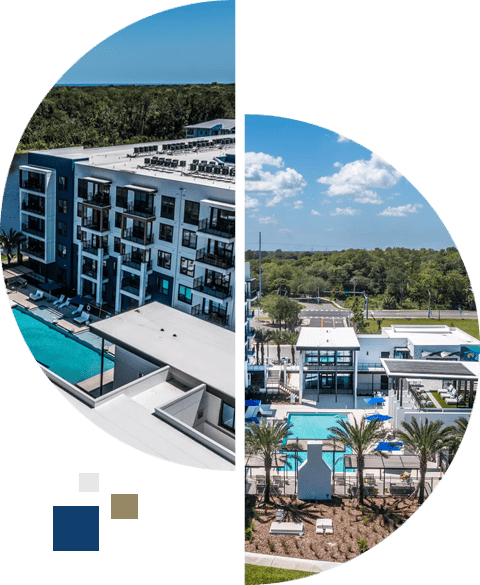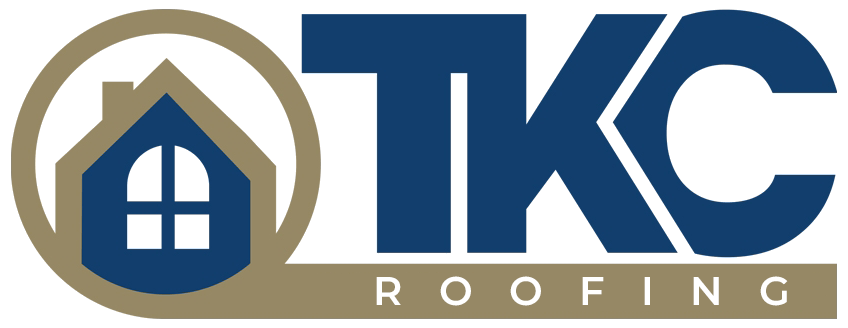Commercial Roofing
Decades of Experience and Expertise Connected in One.

Given the diverse range of commercial buildings and their unique requirements, it’s crucial to work with experienced roofing professionals who can assess the specific needs of each project. Regular inspections, maintenance, and timely repairs are essential to ensure the longevity and performance of commercial roofing systems in Florida. Additionally, compliance with building codes and regulations, especially those related to wind resistance and hurricane protection, is vital for commercial roofing projects in the state.
Commercial Roofing
What is Commercial Roofing?
Commercial roofing in Florida faces similar challenges as residential roofing due to the state’s climate, but with additional considerations for larger structures, complex designs, and specific business needs. Here’s an overview of commercial roofing in Florida:
Flat Roof Systems
- Description: Many commercial buildings in Florida feature flat roof systems due to their versatility and suitability for HVAC installations and other equipment.
- Materials: Single-ply membranes (such as TPO or PVC), built-up roofing (BUR), modified bitumen, and liquid-applied coatings are common choices.
- Advantages: Easy maintenance, space utilization, and suitability for rooftop installations like HVAC units.
Metal Roofing
- Description: Metal roofs are popular for commercial buildings, offering durability and longevity.
- Materials: Steel, aluminum, and copper are commonly used.
- Advantages: Resistance to fire, high winds, and reflective properties for energy efficiency.
- Considerations: Initial costs can be higher, but long-term benefits are often significant.
Green Roofing
- Description: Green roofs involve the installation of living vegetation on the roof surface, providing insulation and environmental benefits.
- Advantages: Improved energy efficiency, reduced stormwater runoff, and aesthetic appeal.
- Considerations: Requires proper structural support and maintenance for plant health.
Solar Roofing
- Description: Similar to residential applications, commercial buildings may integrate solar panels into their roofing systems.
- Advantages: Renewable energy generation, reduced electricity costs, and potential tax incentives.
- Considerations: Higher upfront costs, but long-term savings and environmental benefits.
Built-Up Roofing (BUR)
- Description: BUR systems consist of multiple layers of asphalt and reinforcing fabrics. Gravel or a reflective coating may be applied on top.
- Advantages: Excellent waterproofing and durability.
- Considerations: Can be heavy, and installation may be more labor-intensive.
Single-Ply Membrane Roofing
- Description: Single-ply membranes like TPO (thermoplastic olefin) and PVC (polyvinyl chloride) offer flexibility and resistance to UV rays.
- Advantages: Lightweight, easy to install, and energy-efficient.
- Considerations: Vulnerable to punctures and may have a shorter lifespan compared to some other materials.
Modified Bitumen Roofing
- Description: Modified bitumen is an asphalt-based roofing material reinforced with modifiers like APP (atactic polypropylene) or SBS (styrene-butadiene-styrene).
- Advantages: Durability, flexibility, and good performance in extreme temperatures.
- Considerations: Can be more expensive than other flat roof options.
Roof Coatings
- Description: Roof coatings, such as elastomeric coatings, provide a protective layer over the existing roof to enhance durability and reflectivity.
- Advantages: Cost-effective, energy-efficient, and extend the life of the roof.
- Considerations: Proper surface preparation is essential for effective application.
WHY TKC?
The Best Choice for North Florida Multifamily Roofing
100+
Happy Customers
70
Projects Completed
